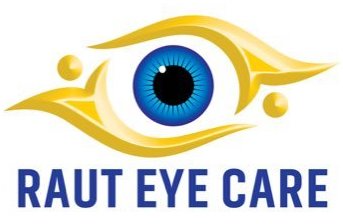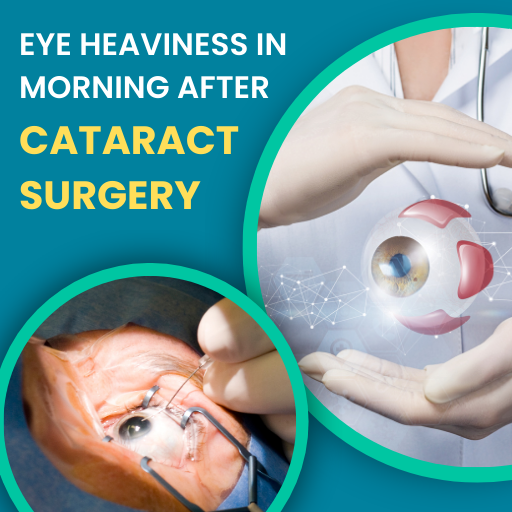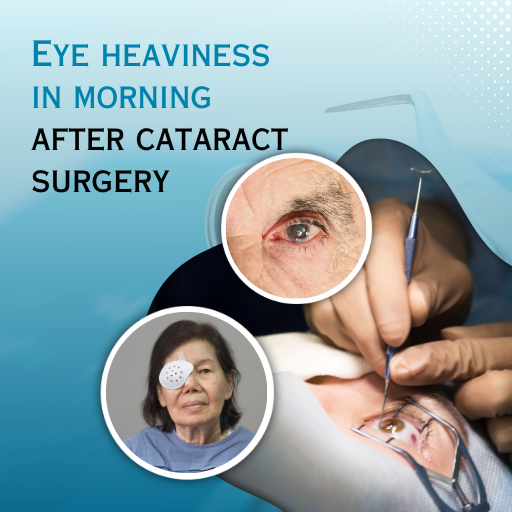Cataract surgery is the most common operation on the human body. It has a high success rate and produces satisfying results for both patients and clinicians. Some patients may experience little discomfort following cataract surgery. It might range from mild to considerable discomfort depending on the patient's sensitivity and the type of cataract removal method employed. Cataract surgery has evolved into a low-risk refractive treatment. In cataract surgery, an incision over the cornea (the front transparent region of the eye) is necessary to gain admission within the eye and access to the lens to be replaced. This incision disrupts several connections between neurons and nerves in that area of the cornea. Such incisions may create discomfort in the patient.
Healing in this area can provide unusual sensations. Though superficial healing happens in 5 to 7 days, the ultimate healing reaction occurs on a cellular level for 3 months. This can also have an impact on tear secretion. If a patient already suffers from dry eyes syndrome, surgery may cause further difficulty.
Although there is minimal inflammation inside the eyes following cataract surgery or other intra-ocular surgery, this inflammation might cause discomfort. Although the frequency of inflammation is relatively low with modern cataract surgery, pre-existing inflammatory conditions such as anterior uveitis, glaucoma, and dry eyes can cause further irritation and discomfort.
Following cataract surgery, a few eye drops must be given. Patients with disorders such as glaucoma, for example, would need to use significantly more eye drops after cataract surgery. Because of the preservatives in the eye drops, this can cause considerable discomfort. In such cases, preservative-free drops are important, and drops should be used according to the doctor's instructions rather than according to personal preference.
Patients with particular diseases, such as diabetes, Fuch's dystrophy, recurrent corneal erosion syndrome, and LSCD, may experience severe eye discomfort after cataract surgery due to unusual corneal innervation, weak corneal structure, and altered healing response.







